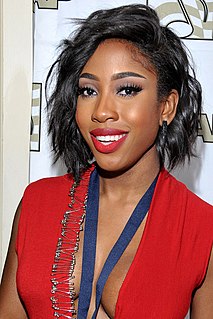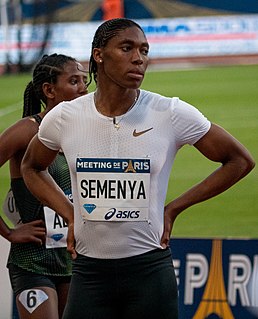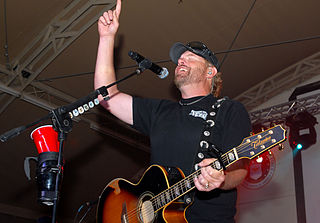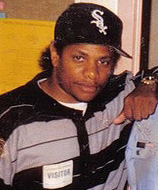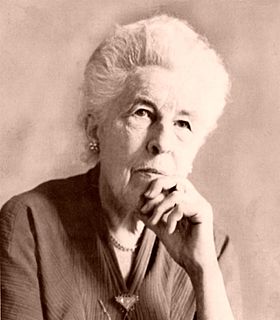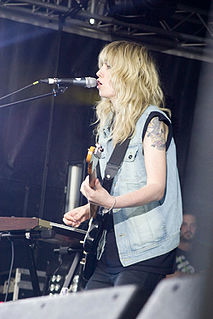A Quote by Laurell K. Hamilton
What we prefer to read is sort of like sexual preference, you like what you like. Most of the time you have no clue why.
Related Quotes
The sexual revolution... it was the first time I had read anything that came close to describing those feelings of being outside of my body, feeling the shame, all of it, that I really was able to connect to in that book. So it sort of blew my mind. I was also listening to Tori Amos at the same time, so I was like, "Wait, what's happening?!" It was all a part of that, probably when I was, like, 13.
I definitely prefer things to be dark, I definitely prefer things to not be particularly obvious. I like a lot of mystery in music, and I like it when things don't sound just like what they sound like always. But at the same time I like everything to sound very earnest and honest. So I don't really think that I have a definite stamp, but if people see that, that's awesome.
To me the sort of like, the ethos, if you will, of like tabloid is like Daily News in the 1970s. It's a news organization that thinks of its mission to speak directly to people who are kind of , the people who are sort of the foundation of the American workforce or were at one time. What I love about this conception of the tabloid is that actually everybody read it.
The sexual act - thinking about the sexual act, the telling about the sexual act, after the sexual act, is so much more important than the actual sexual act - just in time. It's like of the whole sexual act, you probably spend 95% of the time thinking about it, talking about it afterwards. The actually sexual act, especially when you're 17, is minutes.
I was in a store in Halifax, Nova Scotia that I love, sort of like an environmental friendly sort of store. But they had a great book section. So I went in there all the time. The woman who worked there - which I feel so bad; I've forgotten her name - she handed me the book and she said, "Hey, you should read this. I think it would make a good movie." I remember reading the back of it and I was like, "Huh." Then I just devoured the book and I was so moved by it and said, "Why don't we start developing this into a film?" So that's how it ['Into the Forest'] all started.
I hate slick and pretty things. I prefer mistakes and accidents. Which is why I like things like cuts and bruises - they're like little flowers. I've always said that if you have a name for something, like 'cut' or 'bruise,' people will automatically be disturbed by it. But when you see the same thing in nature, and you don't know what it is, it can be very beautiful.


